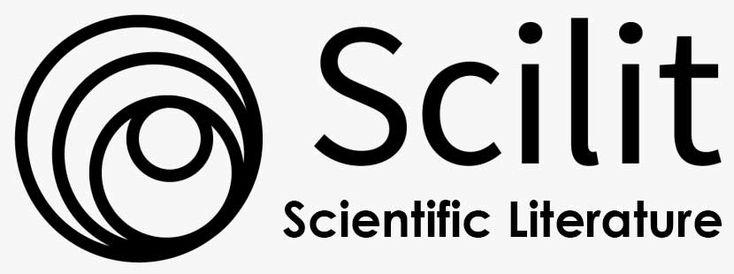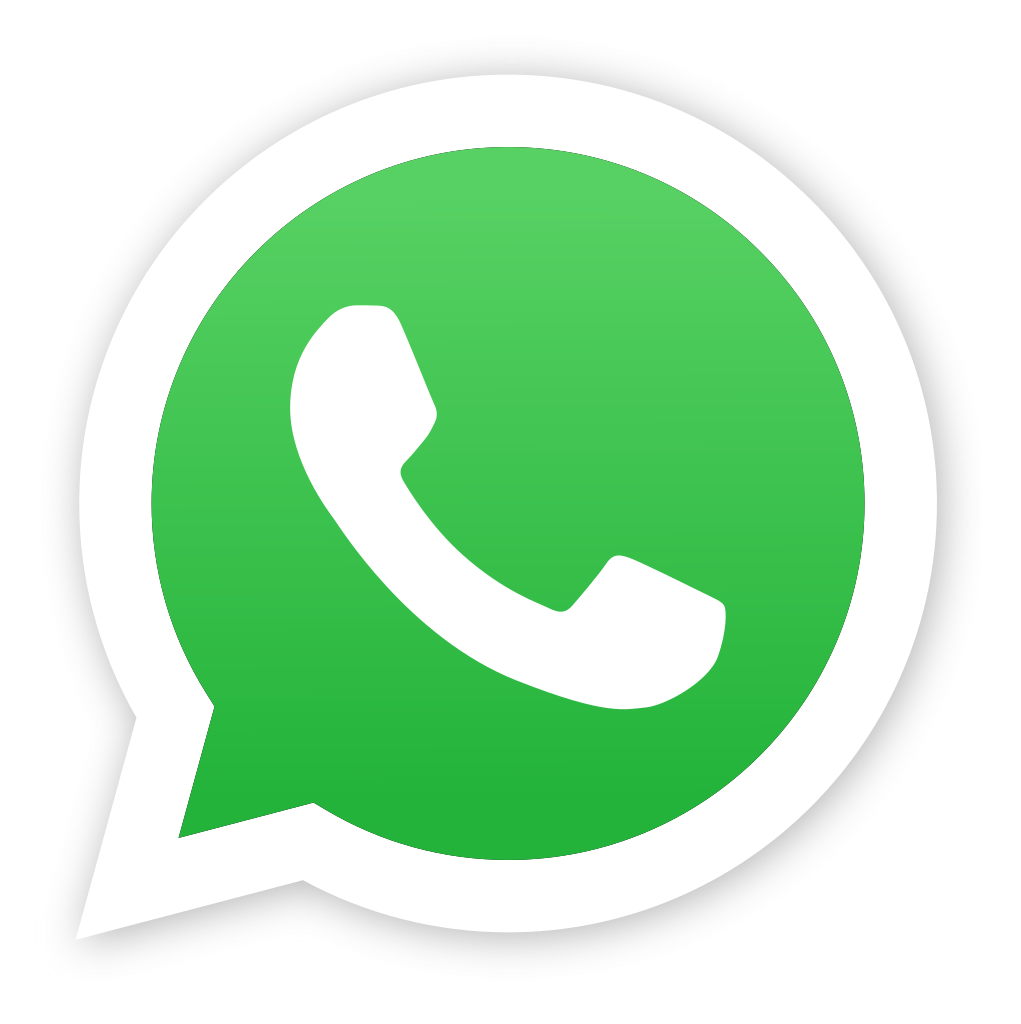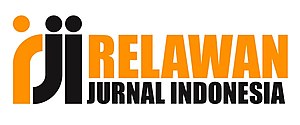Edukasi Literasi Digital Untuk Peningkatan Kualitas Siswa Dalam Memahami Internet of Things (IoT) dan Profesi dalam Bidang IT
DOI:
https://doi.org/10.35960/pimas.v3i2.1406Abstract
This community service is carried out at SMPN 14 Tarakan. This service activity aims to increase the digital literacy of junior high school students by using ICT-based learning media. This service activity has the aim of realizing that students at SMPN 14 Tarakan have basic knowledge in the field of technology, especially in the IT field. This activity is carried out in the form of socialization regarding technological advances in the current digital era which makes everyone have to adapt to these technological developments and the impact of these developments. this technology in the world of education as well as an introduction to internet of things technology, how the internet works and smart ways to use the internet, as well as an introduction to professions in the IT world. The final outcome that will be achieved from this service activity is increasing students' abilities in using computers as a tool for developing students' creativity in the world of education, apart from that, students also have literacy in the world of technology. The final outcome of this service activity is the publication of the results of this service in a service journal. This service activity is carried out in two stages, namely: The first stage is the planning and preparation stage. At this stage, an analysis of student needs is carried out as well as preparation of learning materials and methods. The second stage is the implementation stage. At this stage, students are socialized about digital literacy. This training uses ICT-based learning media, such as videos, animations and simulations.The results of this service show that the digital literacy of students at SMPN 14 Tarakan increased after attending the training. Increasing student digital literacy can be seen from Students' ability to understand the concepts and how technology works ,Students' ability to access information and resources effectively,Students' ability to analyze and evaluate information
References
Doringin, F., Tarigan, N. M., & Prihanto, J. N. (2020). Eksistensi Pendidikan Di Era Revolusi Industri 4.0. Jurnal Teknologi Industri Dan Rekayasa (JTIR), 1(1), 43–48. https://doi.org/10.53091/jtir.v1i1.17
Fieldhouse, M., & Nicholas, N. (2008). Digital literacy as information Savvy: The road to infor- mation literacy. In M. Knobel & C. Lankshear (Eds.).
Jayanti, D., Septiani, J. I., Sayekti, I. C., Prasojo, I., & Yuliana, I. (2021). Pengenalan Game Edukasi sebagai Digital Learning Culture pada Pembelajaran Sekolah Dasar. Buletin KKN Pendidikan, 3(2), 184–193.
Loc, N. D., Minh, T., Vu, H., Vu, L. A., Ngoc, N., Chau, T., … City, M. (2022). Nghiên cứu về Nhận thức, Khả năng và Đề xuất Chính sách để Đáp ứng Yêu cầu Công việc của Chuyển đổi Kỹ thuật số.pdf. 15(2), 1017–1038.
Lukitasari, M., Murtafiah, W., Ramdiah, S., Hasan, R., & Sukri, A. (2022). Constructing Digital Literacy Instrument and its Effect on College Students’ Learning Outcomes. International Journal of Instruction, 15(2), 171–188. https://doi.org/10.29333/iji.2022.15210a
Nahdi, D. S., & Jatisunda, M. G. (2020). Analisis Literasi Digital Calon Guru Sd Dalam Pembelajaran Berbasis Virtual Classroom Di Masa Pandemi Covid-19. Jurnal Cakrawala Pendas, 6(2), 116–123. https://doi.org/10.31949/jcp.v6i2.2133
Rahmanto, Y., Yulianti, T., Gunawan, R. D., & Santoso, A. (2023). Penerapan Teknologi Game Edukasi dengan Pendekatan Diferensiasi untuk Meningkatkan Kompetensi Guru di SDN 4 Merak Batin. Prosiding Seminar Nasional Pengabdian Masyarakat LPPM UMJ, 1(1).
Redhana, I. W. (2019). Mengembangkan Keterampilan Abad Ke-21 Dalam Pembelajaran Kimia. Jurnal Inovasi Pendidikan Kimia, 13(1).
Rini, R., Mujiyati, Sukamto, I., & Hariri, H. (2022). The Effect of Self-Directed Learning on Students’ Digital Literacy Levels in Online Learning. International Journal of Instruction, 15(3), 329–344. https://doi.org/10.29333/iji.2022.15318a
Saputri, A. C., Sajidan, Rinanto, Y., Afandi, & Prasetyanti, N. M. (2019). Improving students’ critical thinking skills in cell-metabolism learning using Stimulating Higher Order Thinking Skills model. International Journal of Instruction, 12(1), 327–342. https://doi.org/10.29333/iji.2019.12122a
Downloads
Published
How to Cite
Issue
Section
License
Copyright (c) 2024 Nelson Mandela, Awang Pradana, Saputra Junior, Celsia Gresia, Muhammad Rizky, Rizal Rahmat, Felisia Deswita

This work is licensed under a Creative Commons Attribution-ShareAlike 4.0 International License.
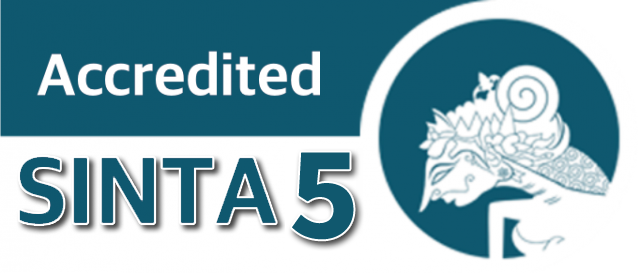
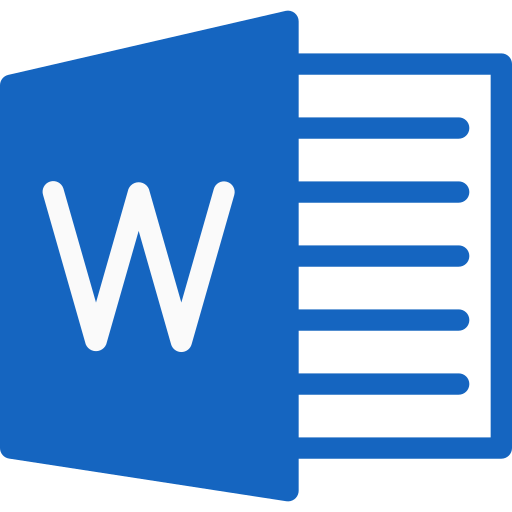

.png)

